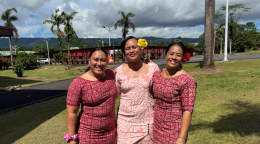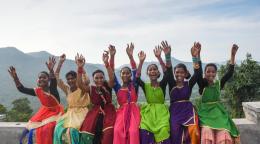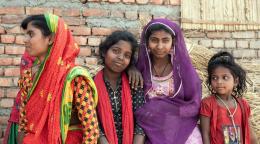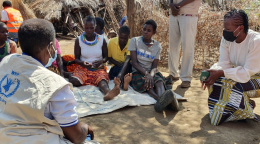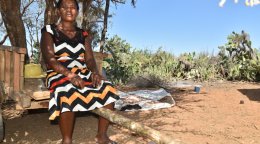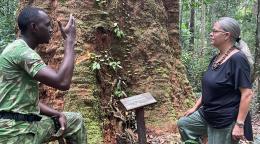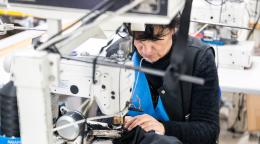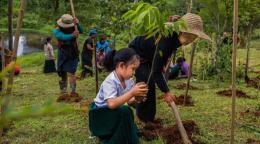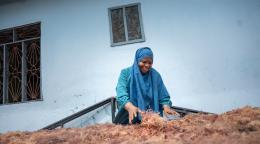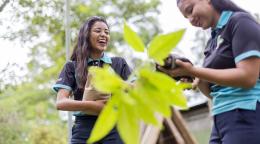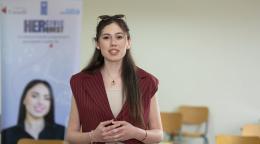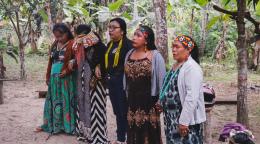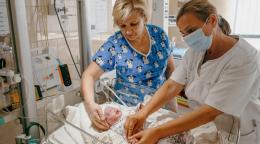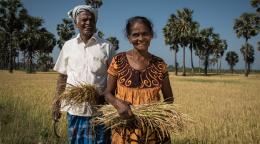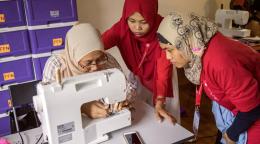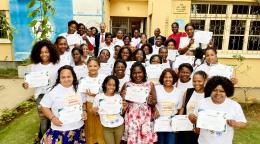The Women Powering Suriname's Pineapple Industry Sustainably
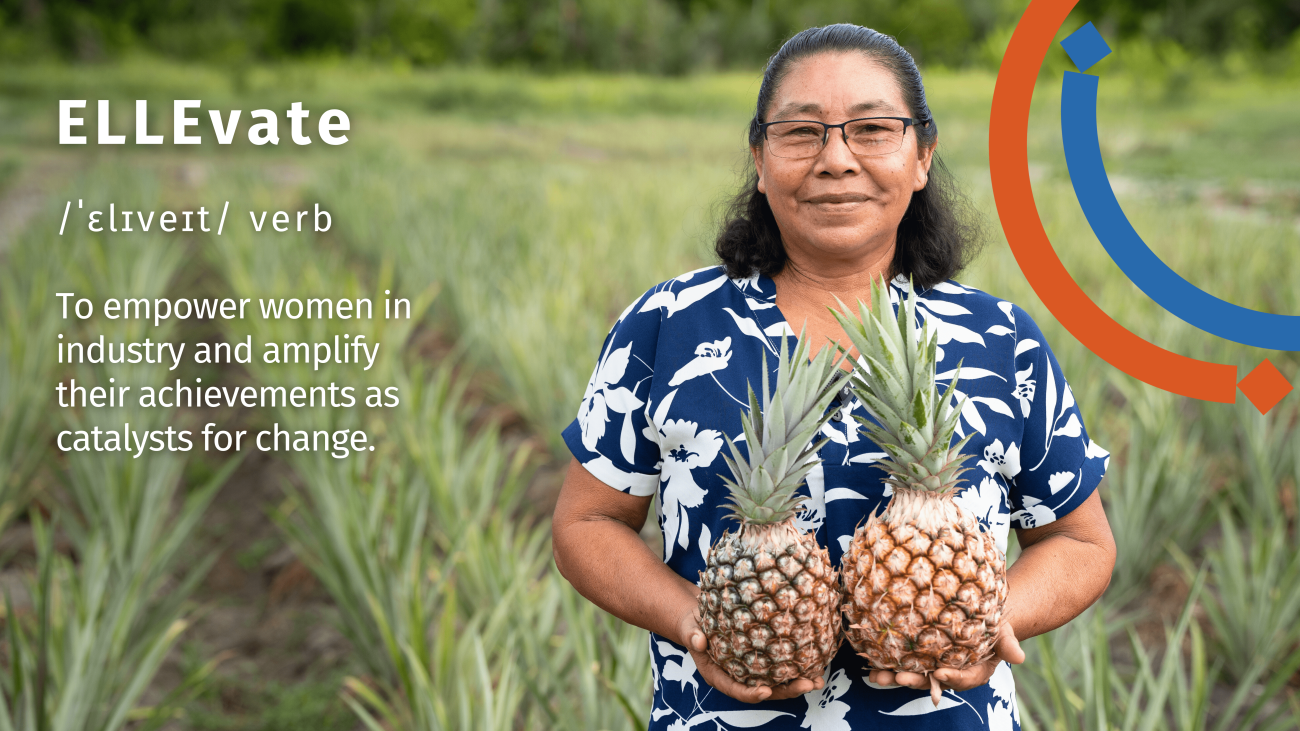
Suriname, a lush and biodiverse nation on South America’s northern coast, is believed to be one of the birthplaces of the pineapple. For centuries, Indigenous women have planted, nurtured, and harvested this spiny golden fruit, guided by ancestral knowledge and spiritual connection to the land.
Yet for all its cultural richness, Suriname’s pineapple sector has struggled to thrive commercially. Farmers have faced persistent challenges, limited access to modern tools, scarce investment, and few opportunities to expand into value-added production. But in villages across the country tradition is being blended with innovation, and women’s leadership with community resilience.
“Pineapple cultivation is indispensable in our culture because it has been passed down from our grandmothers and mothers,” says Wendeline Sabajo, Captain of Matta Village and Board Member of the Horticulture Innovation Hub. “But doing it the traditional way, by hand and season to season, is hard to maintain. The demand exists, but the supply cannot meet it.”

That is beginning to change. Through the Agrifood Systems Transformation Accelerator (ASTA) a collaborative initiative co-led by UNIDO and FAO, and supported in Suriname by UNFPA and ILO, Indigenous communities are reimagining what sustainable and resilient pineapple farming can look like. Funded by the Joint SDG Fund and the Islamic Development Bank (IsDB), the project brings together a wide network: village leaders, women’s cooperatives, youth groups, researchers, private sector actors, and government agencies. Together, they are strengthening every link in the pineapple value chain, from soil to market.
“We are not forgetting our ways,” says Sabajo. “We are building on them, with new tools, better techniques, and more voices at the table, especially women.”
At the heart of this transformation lies the Horticulture Innovation Hub, established through the project as a center for training, collaboration, and experimentation. Alongside it, a Loan Collateral Facility, specifically designed for pineapple growers has opened doors to financing for small-scale farmers who once had limited access to credit. With these supports in place, producers are adopting organic farming models, shifting from seasonal cultivation to sustainable, year-round production.
Women, long the custodians of traditional knowledge, are now also leading innovation. Through women’s networks facilitated by the project, trial pineapple plots have been launched to introduce modern organic techniques that complement Indigenous methods. These pilot farms have become living classrooms where women gain hands-on experience, sharpen technical skills, and strengthen their economic independence.
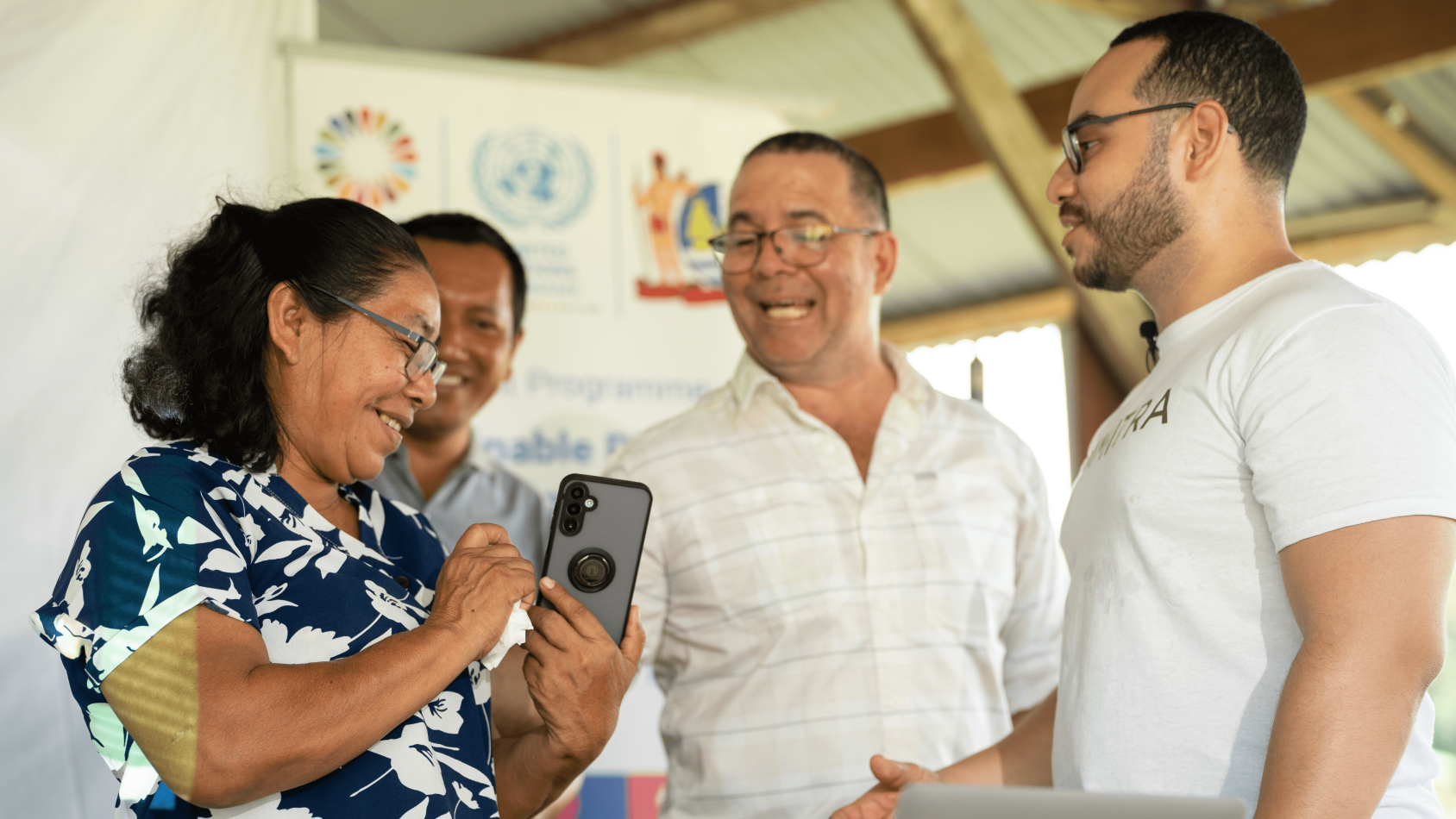
“The difference is visible,” one participant shared. “We are learning to manage our own plots, plan our harvests, and make decisions for our future.”
To ensure this transformation endures, a community-led digital platform now connects over 100 farmers across Suriname. The platform provides real-time technical guidance, market information, and peer-to-peer support, ensuring that the exchange of knowledge continues well beyond training sessions.
Today, in villages like Matta, the story of the pineapple is being rewritten. What once symbolized tradition is now also a symbol of progress that is rooted in women’s leadership, collective action, and sustainable innovation.

